Religion, Nationalism & Internationalism
What is the relationship between religion, nationalism, and internationalism? How are religion, nationalism, and internationalism changing the world, now? Register below to join CURA’s Religion and World Affairs Fellows to workshop their research and move it toward publication.
Spring 2025 Colloquium Schedule
January 24, 2025 | 12:00pm – 01:30pm

Syeda Rumana Mehdi
She/Her
PhD Student in the Department of Anthropology, Boston University
“Of Ziyarat, Nationalist and Religious Identities: Gendered Perspectives on Shia Pilgrimage in Iraq”
Abstract: Almost 1400 years later, the tragic death of Imam Hussain and his male relatives on 10th Muharram in Karbala in 680 AD continues to be an important religious, political and social symbol of justice and resilience. Every year, as 10th Muharram approaches, millions of Shia Muslims around the world frequent shrine cities of Najaf, Karbala, Kazmain, Samarrah and Balad in Iraq to pay their respects to Shia Imams and to commemorate the tragedy of Karbala by participating in numerous mourning rituals.
This paper focuses on the ways in which ziyarat (visitation) to shrines in Iraq entangles the relationship between gender, religion, nationalism and internationalism. How does ziyarat challenge our very understanding of nationalism and internationalism? How is the story of Karbala as an emblem of justice manifested in rituals conducted in shrines of Shia Imams? In what ways do these rituals complicate hegemony and in turn, how does this convolute our understanding of nationalism and internationalism? How does the presence of women in shrines complicate the relationship between gender,
nationalism, internationalism and practiced religion?
These questions will be addressed through ethnographic study of a group of Pakistani Shia women who will embark on ziyarat to Iraq during July 2024. I’ll be travelling with these women from Karachi and will be staying with them in Iraq during their pilgrimage. Through this rich ethnographic experience, I hope to observe how women claim sacred spaces, how they behave in shrines, how they communicate with each other and the rituals they perform. What does this tell us about the ways in which women navigate their nationalist identity as Pakistani women and transcendental identity as Shia women? By employing an ethnographic methodology, this paper challenges our existing assumptions about the religious, social and political aspects of shrines and shows how the three are not as distinct as they are often considered. In turn, this provides an interesting angle to understand the ways in which personal and public experiences of piety are an integral part of the discourse of religion, nationalism and internationalism.
January 31, 2025 | 12:00pm – 01:30pm

Warren S. Goldstein
He/Him
Executive Director, Center for Critical Research on Religion
“A One-State Solution”
Abstract: The creation the Jewish state of Israel in 1948 triggered an ongoing conflict that over seventy-five years later still has not been resolved. The reason for this is that a Jewish state (as well as a Palestinian state) is based on ethnic nationalism, which gives state control to an ethnic/religious majority and prioritizes its rights over others. Theodor Herzl, who first called for a Jewish state, based his idea of it on a Christian state, under which Jews had been discriminated. The creation of a Jewish state resulted in the displacement of 750,000 Palestinians. Whereas anyone who is ethnically Jewish in diaspora has “the right of return,” Palestinians who have a more recent connection to Palestine cannot. Jewish settlers in the West Bank have the right to vote in Israeli elections while Palestinians there cannot. My position is that there should be no state religions—that there should be freedom of religion yet the disestablishment of religion (i.e., a separation of church from state)—for to do so otherwise, tramples on the rights of ethnic religious minorities. The ideology that drives the subordination of Palestinians is Zionism, which is Jewish nationalism—the belief that there is the necessity for a Jewish state. In this paper, I will address the Israeli New Historians and Palestinian perspectives. I will examine not only the events that led up to the establishment of the State of Israel but the many conflicts between Israelis and Arabs afterwards. By doing so, I want to carve out a position that not only provides a critique of the inherent problems in the creation of a Jewish state but also the downfalls of a two-state solution should that occur.
February 7, 2025 | 12:00pm – 01:30pm
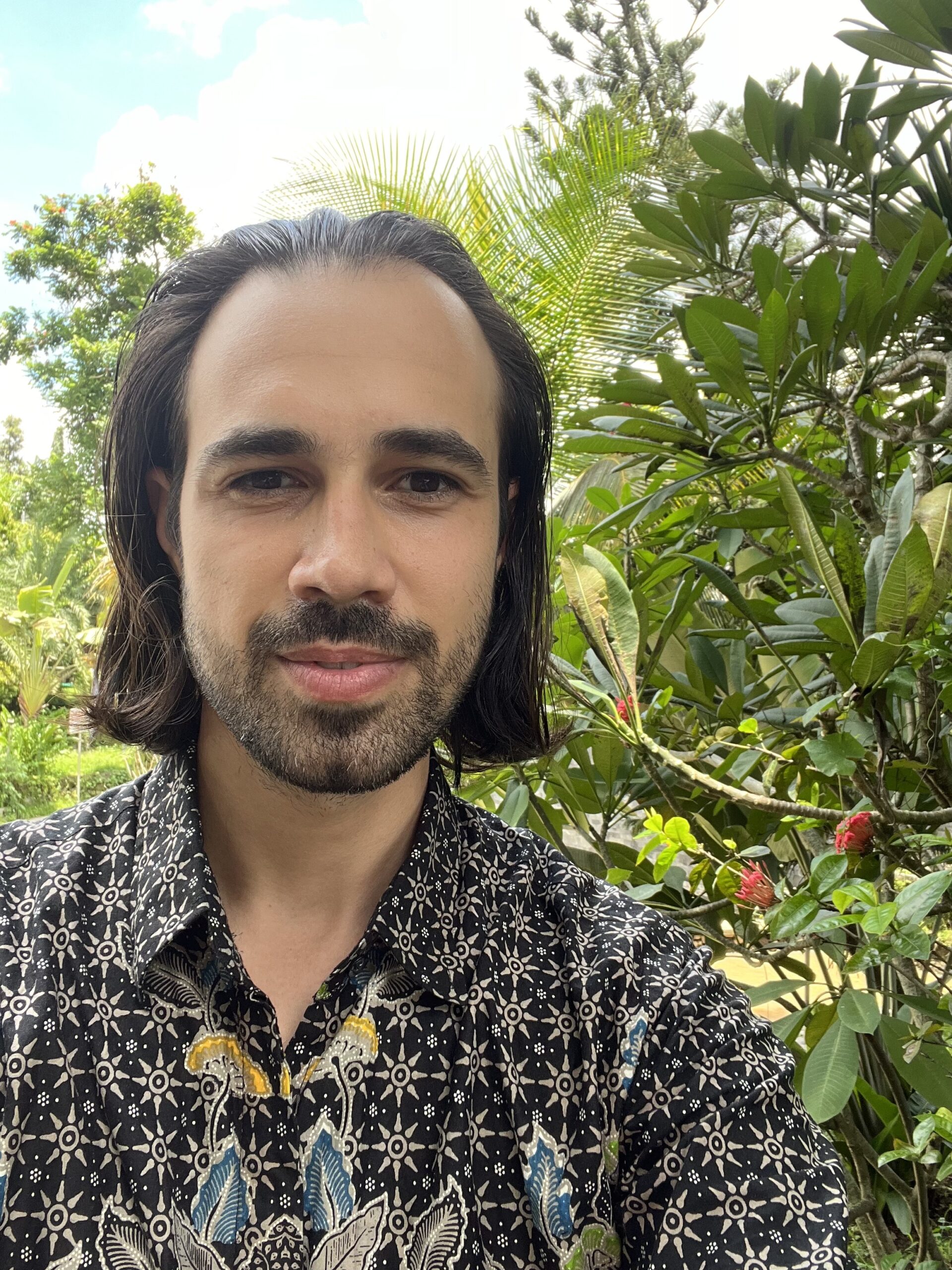
Dylan Renca
He/Him
PhD Candidate in the Department of Anthropology, Boston University
Pious Sunnis, Indigenous Sufis: Negotiations of Muslim Identity and Belonging in Indonesia
Abstract: Drawing on ethnographic fieldwork in south-central Java with Muslim members of communities called paguyuban (devoted to Sufi-styled recitations and practices honoring village ancestors), this paper explores how members link their Sufism with a narrative of indigeneity as a way of negotiating identity and belonging as Muslims and Indonesian citizens. I argue that this narrative emerged in response to a hierarchy which pious Sunni Muslims have imposed in Indonesia around belonging to the Muslim community and the nation. Pious government officials use a number of measures – requiring citizens to publicly declare a religion on their ID card, mandatory religious education classes, state surveillance, and anti-blasphemy laws – to pressure paguyuban members into conformity with pious practices (e.g., salat prayer, Qur’anic study) derived from Islamic law and seen as definitive of Muslimness. Paguyuban members respond by performing a degree of public conformity to Sunni piety. Privately, however, they push back by articulating a notion of indigenous personhood oriented around the cultivation of Sufi values (e.g., calmness, compassion, love) argued to be more important than Islamic law and known to their ancestors before missionaries brought Islam to Java in its legalistic form. This argument complicates discussions of identity in the anthropological literature on Islam and suggests that anthropologists may need to attend more closely to how marginalized Muslims negotiate identity and belonging at multiple scales, including communally and nationally. Subversive distinctions between public identity and a private sense of personhood may be critical to navigating hierarchies of power and belonging in Muslim societies.
February 14, 2025 | 12:00pm – 01:30pm
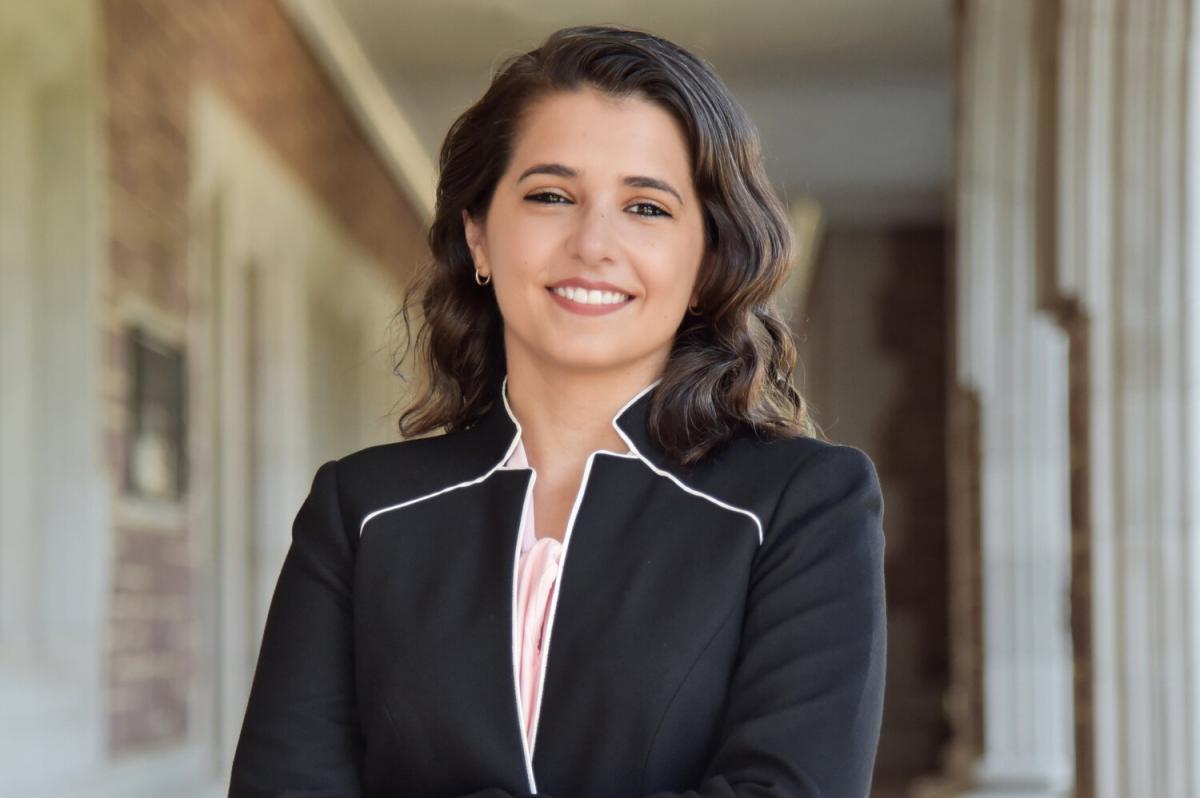
Candace Lukasik
She/Her
Assistant Professor of Religion and faculty Affiliate in Anthropology and Middle Eastern Cultures, Mississippi State University
‘Indigenous, not Christian’: Secular Separations and Decolonial Sovereignty in Global Assyria
Abstract: In 2014, ISIS took control over large swaths of land in Iraq and Syria. Iraq’s minority communities and especially Christians were specifically targeted by the group leading to the forced displacement of hundreds of thousands. Christian displacement by ISIS was read by Western (and particularly Christian) politicians and policymakers as part of a larger concern over the future of Christianity in the Middle Eastand global Christian persecution. During this onslaught, a new generation of Assyrian diaspora organizations was formed in places like Detroit, Chicago, and Washington DC to aid and advocate for kin back in the homeland, as well as unify an ecclesiastically divided diaspora into a movement for indigenous rights. This paper asks: How is indigenous sovereignty in northern Iraq (espoused by transnational Assyrians) shot through secular mediations of ecclesial forms of kinship and contextualized by colonial legacies and imperial presents? In tracing the shadows of secularity in the geopolitics of concern over Middle Eastern Christian suffering, this paper broadly explores how we may be better able to parse a decolonial approach to the intersections of Christianity and indigeneity in the Middle East, that exceeds Western, neo-colonial instrumentalization.
March 21, 2025 | 12:00pm – 01:30pm
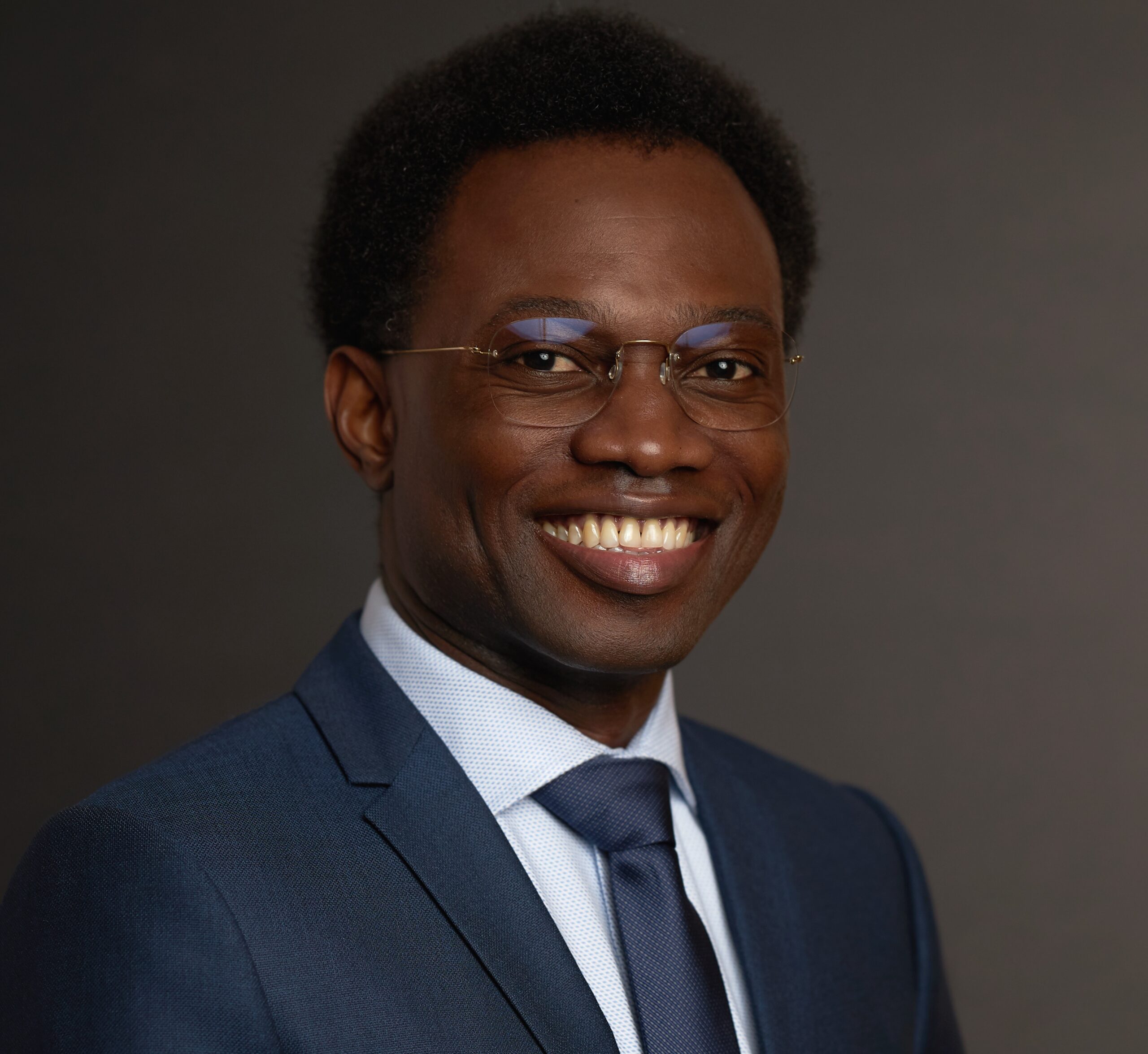
Jacques Michel Ngimbous
He/Him
Post Doctoral Fellow of the Boston College President’s Office, Boston College
Nations at war in Côte d’Ivoire: The Kingdom of God vs the Kingdom of the Law
Abstract: This paper examines the bloody collision that occurred in Côte d’Ivoire between two diametrically opposed conceptions of nationhood. For ten years (2000-2010), a civil war pitted supporters of a nation based on the primacy of soil against those who aspired to erect the nation solely on the pedestal of blood. The second group was largely supported by the Ivorian evangelical community. Evangelical preachers and prophets took up the cause, extolling a spiritually inspired nationalism. “Blood” and “faith in Christ” became interchangeable categories. The natives of Côte d’Ivoire were largely equated with God’s chosen ones while “foreigners” were branded as impious and enemies of God. The war of conceptions of nationhood was explicitly transformed into a war between the Kingdom of God’s defenders and the Kingdom of Law’s subjects. The aim of this paper is to demonstrate that, in an African context marked by strong religiosity, certain interpretations of the Bible run the risk of being radical and essentialist. As a result, they fuel conflict by legitimizing violent actions carried out by political actors. In a religious space such as Côte d’Ivoire, where evangelical Christianity has the wind in its sails because of its rapid expansion, the positions taken by religious leaders sometimes contribute to stiffening the political lines of certain government officials. This paper also aims to prove that the nationalism defended by Ivorian evangelicals was a response to the radicalism of liberal nationalists who took up arms to defend an open and strictly legal conception of the nation. In Côte d’Ivoire, the war of nations was waged by radicals on two sides: armed legalists and aggressive autochtonists.
March 28, 2025 | 12:00pm – 01:30pm
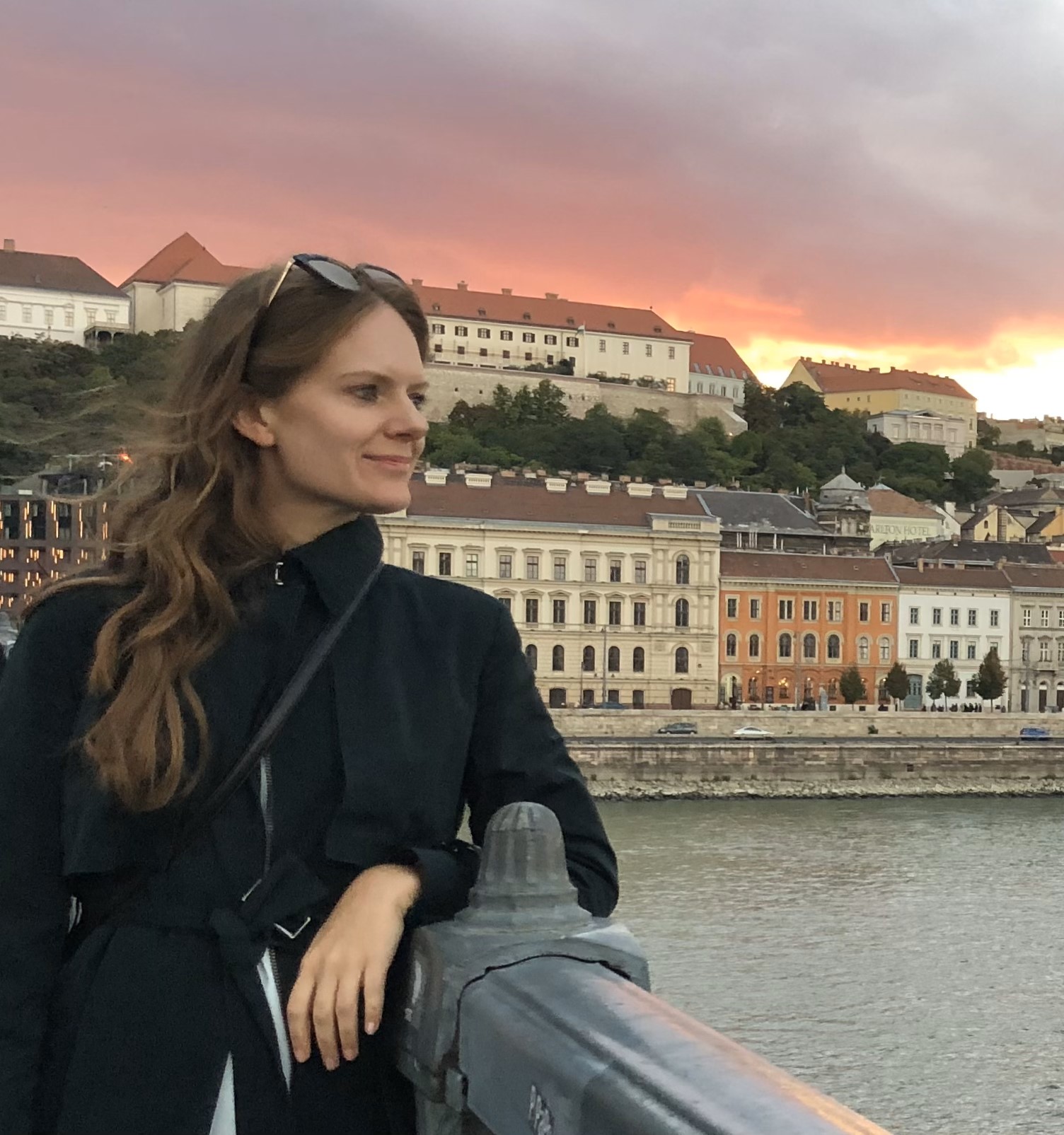
Laura Anne Thompson
She/Her
Raphael Morrison Dorman Postdoctoral Fellow, Weatherhead Center for International Affairs at Harvard University
Punishing Hurtful Words in the Western Mediterranean: Blasphemy and “National” Religions
Abstract: Relying on court documents, interviews, and public debates, this paper compares the prosecution of “hurtful speech acts” against a religion in the Western Mediterranean, specifically in Tunisia, Morocco, France and Spain. It examines how these particular nation-states, former colonizers and colonies, explain the contemporary identification and punishment (or non-punishment) of acts seen as violating a “national” religion. How are these acts framed as crossing (or not crossing) a “national” line, when the religious traditions themselves are much bigger than any national border? And, if blasphemy is regularly framed as “hurting” some members of the nation, why does this hurt concern the state? From what kinds of injury do citizens across the Western Mediterranean expect the state to protect them? In so doing, this paper destabilizes the link between blasphemy and Islam, both by examining European blasphemy cases against Christianity and by interrogating European conceptions of blasphemy as a right or duty.
April 11, 2025 | 12:00pm – 01:30pm
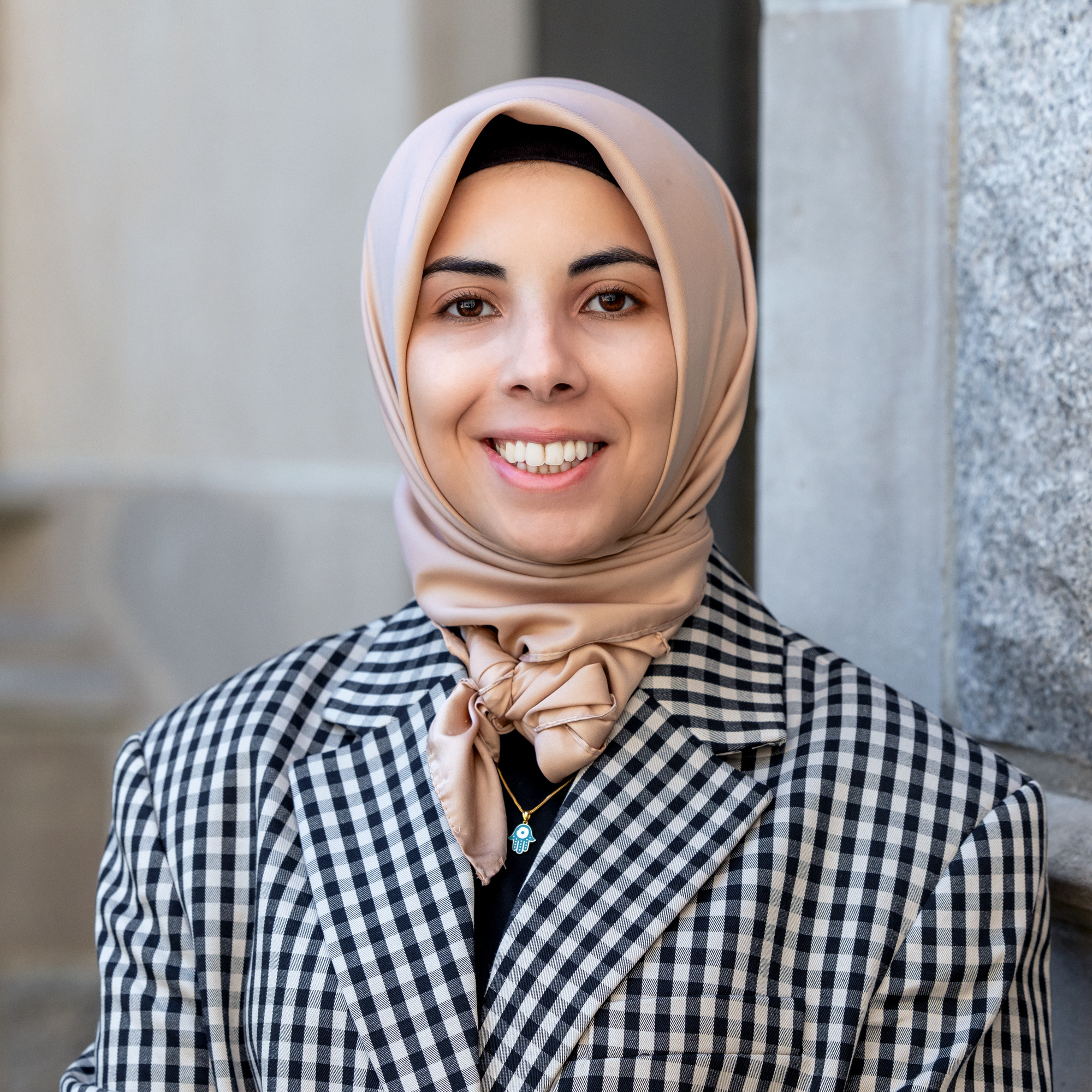
Marsin Alshamary
She/Her
Assistant Professor of Political Science, Boston College. Faculty Affiliate at the Harvard Kennedy School’s Middle East Initiative
Sacred Cities, Civic Futures: The Role of Pilgrimages in Shaping Civil Society in Iraq and India
Abstract: Can religion generate social capital and promote the development of civil society? Beyond acknowledging the global prevalence of religious civil society organizations (CSOs) in service provision, the vast literature on civil society has not engaged with the role of religion in fostering social capital. Rather, political scientists have focused on debating the outputs of civil society, especially with regards to democratization. In this paper, we examine the impact of religious practice – specifically religious pilgrimages – on the cultivation of associational life and voluntarism in host cities. We argue that religious pilgrimages can promote civil society development through two mechanisms: first, the “localized pilgrimage” mechanism explains how pro-social values associated with the pilgrimage are continuously reinforced in the local population, resulting in the establishment and promotion of CSOs that promote those values. Second, the “organizational capacity” mechanism explains how locals acquire skills from organizing pilgrimage activities that they later utilize in the off-season. We apply this theory to two cases: the Arba’een pilgrimage in Karbala, Iraq and the Kanwar Yatra pilgrimage in Haridwar, India. We draw on various sources of data – including public opinion polling, NGO data, and interviews – to paint a picture of associational life in each of these cities. In order to isolate the impact of the pilgrimage, we then employ a “most similar” case study design to compare each of Karbala and Haridwar to a city that is similar along most measures, but that does not experience pilgrimage activity, Al-Hillah in Iraq and Kanpur in India.
April 25, 2025 | 12:00pm – 01:30pm

Cody Musselman
She/Her
Preceptor, Harvard University
Forging Elite Fitness, Forging the Nation: CrossFit and Christian Nationalism
Abstract: In recent years, scholars and cultural commentators have noted how online wellness and fitness forums have served as an entry point for political radicalization, especially among young men. While many scholars of white Christian nationalism focus their attention on online communities or leaders of the Religious Right, this paper argues that white Christian nationalism is nurtured in seemingly benign spaces like the gym. Using the fitness brand CrossFit as a primary example, this paper shows how the company’s goal of “forging elite fitness” becomes enmeshed with the political project of “the nation.” CrossFit, a functional fitness regimen and global brand, is known for its hardcore workouts and its zealous consumer base. As a company and culture, it has also become known for its patriotism and militarism, offering fitness training for military personnel and honoring deceased combatants in “Hero Workouts.” These commitments have made CrossFit a popular fitness methodology and locus of community for many evangelical Christians who integrate their Christian faith and conservative values with their exercise routine. By examining how Christian nationalism circulates in CrossFit gyms, this paper joins theorists of the body who analyze the correlation between individual treatments of the body as a reflection of the broader body politic to learn about how Christian nationalism, as an ideology, becomes embodied.
May 2, 2025 | 11:30am – 01:30pm
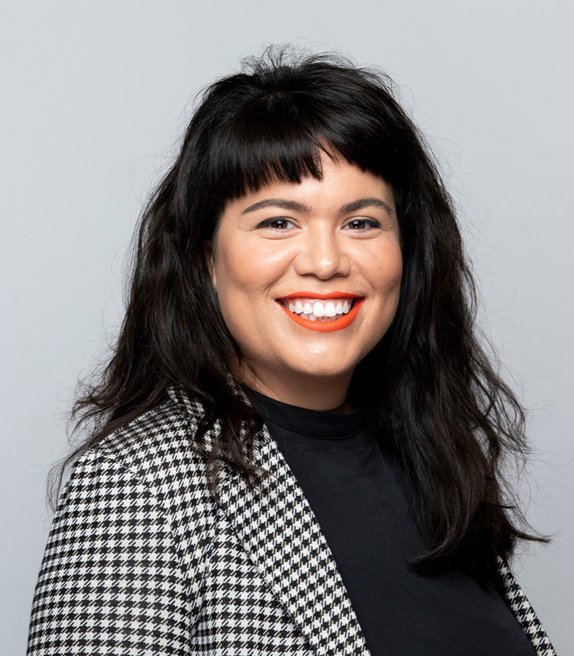
Mónica Isabel Rey
She/Her/Ella
Adjunct Professor in Women’s and Gender Studies, Babson College and Wheaton College (MA)
In Memory of Amalek: Biblical Allusions in the I/P Conflict
Abstract: In the discipline of biblical studies the majority of research tends to focus on understanding the ancient past and the cultural milieu from which biblical religious texts were produced. As of the past few decades attention has expanded to evaluating the afterlives of the Bible and its political, cultural, and religious usage throughout history. This type of research is called reception history: how communities receive and deploy the Bible. Because the Bible is a powerful rhetorical repertoire that performs political, educational, and religious functions both in times of war and in times of relative peace it is important to examine the ways in which the Bible also serves nationalistic functions. In this paper I explore the ways in which biblical texts are being used in the ongoing crisis in I/P and how different groups address the complexities of narratives of violence in religious texts.
Location
Pardee School of Global Studies, 154 Bay State Road, 2nd floor (Eilts Room)
Register for the Events
Fall 2024
Keynote Lecture
September 13, 2024 | 11:30am – 01:30pm
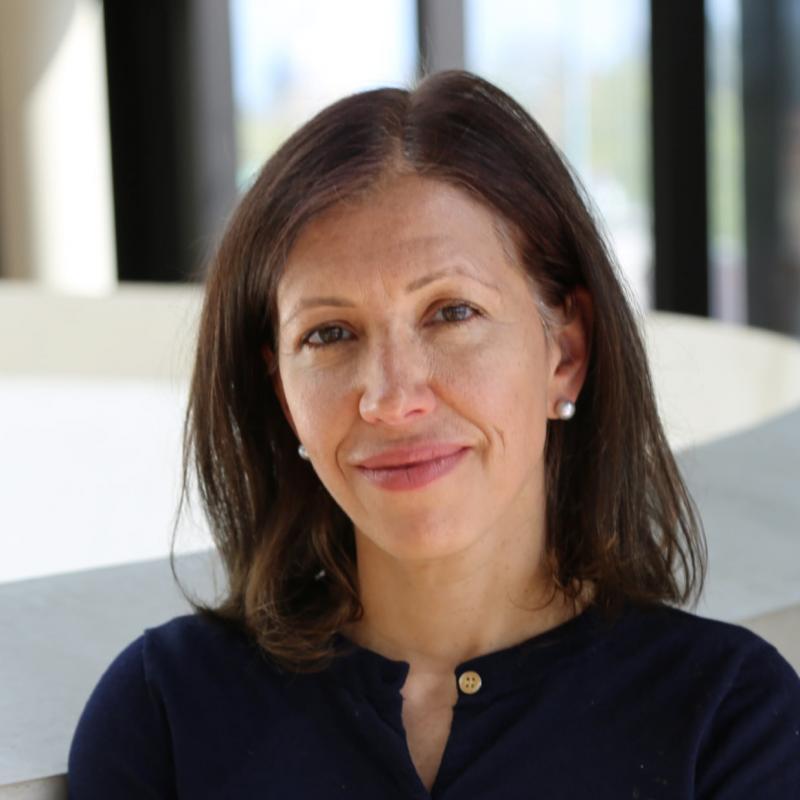
Maya Tudor
She/Her
Professor of Politics and Public Policy at the Blavatnik School of Government at the University of Oxford
“United We Stand, Divided We Fall: The Janus Face of Religion in Post-Colonial Nation-building”
Fall 2024 Colloquium Schedule
September 6, 2024 | 11:30am – 01:30pm
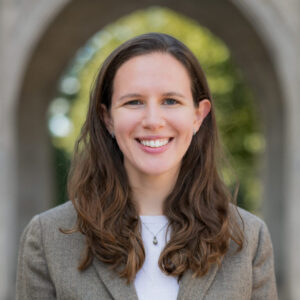
Morgan Crago Melkonian
She/Her
PhD Candidate, School of Theology, Boston University
“Both Brazilian and Protestant: Ecumenical Brazilian Protestants’ Case for Political Legitimacy and Patriotism, 1934–1964”
Abstract: In the 1930s, Brazilian Protestant leaders faced the challenge of proving their patriotism, freedom from foreign control, and overall benefit to Brazilian society. The time was one of political turmoil, and Brazilian Protestants found themselves as a religious minority, with suspicions foreign connections, competing with a strong Brazilian Catholic Church to secure political recognition and benefits. To gain what they sought (such as an option for Protestant classes in public schools, redress for vandalism of Protestant churches, and a laicized state with
no Catholic privilege), Brazilian Protestants had to make a case that they truly represented their nation and were patriotic.
In this paper, I use the documents of the Confederação Evangélica do Brasil (CEB), from its inception in 1934 to the beginning of the military dictatorship of 1964 (when the CEB fragmented). In the 1930s and 40s, the CEB conspicuously supported Vargas, especially his campaigns for public health and literacy, while speaking out to him and to other governmental leaders to secure freedom of worship and to register complaints about attempts of the Catholic Church to secure symbolic or social dominance. As the CEB moved into the 1950s and early 1960s, a new generation of leaders began to express dissatisfaction with the government, especially in agrarian reform. Throughout these changes of orientation toward government, the CEB leaders used their international links with the emerging Protestant ecumenical movement to prove their benefit, as Protestants, to their own nation
October 11, 2024 | 12:00pm – 01:30pm (Guest Speaker)

Dana Robert
She/Her
William Fairfield Warren Distinguished Professor, Director of the Center for Global Christianity and Mission
“Nationalism and Internationalism in the Young Ecumenical Movement, 1895–1920s”
Abstract: Dana Robert’s upcoming book explores how and why global Protestant movements have been foundational for studies of internationalism. During the early twentieth century, hopes for the peaceful coexistence of nations animated emerging international Protestant cooperation. Despite national hostilities including world war, commitment to global Christian fellowship became an urgent public agenda. In this volume, essays by European, Asian, and North American scholars locate the essence of the “young ecumenical movement” in the dynamic tension between nationalism and internationalism during the early twentieth century. Political crises, crushing disappointments, and imperialist ambitions notwithstanding, transnational Protestant leaders, networks, and movements envisioned Christianity as a contemporary multi-cultural, worldwide community.
October 18, 2024 | 12:00pm – 01:30pm

Hannah Grace Howard
She/Her
PhD Candidate in the Department of Anthropology, Boston University
“Solidarians and Sectarians: Conflicting Visions of the Nation in Athenian Orthodox Charity”
Abstract: Over Greek coffee in a downtown parish events hall one spring afternoon, an aging priest who oversaw one of the largest parish soup kitchens in the city spoke to me of his belief in Christians’ unparalleled “skill” as both givers and recipients of charitable aid. Railing against the influx of migrants into Greece and the ways the Church of Greece had changed to accommodate their care, he painted a picture of his alternative vision: a Church returned to its ethnoreligious roots through a recognition of “Christian superiority”. Though his words smacked to me of rising Christian nationalism seen in other parts of the world (and indeed Christian nationalism within Greek Orthodoxy is a well-studied phenomenon), they stood in contrast to claims I had heard from other priests and practitioners during the course of my long-term fieldwork in various Athenian charitable centers. These people spoke instead of ecumenism, solidarity, and the holiness of every human. Through their charitable actions, which I understand as part of the liturgical practices through which they “shouted themselves into existence” (Heron 2018) as a people, they forged relationships across lines of ethnicity, class, and religious belief.
For all their differences, however, what all of my interlocutors had in common was a deep-rooted theological justification for their beliefs and ensuing care practices. Both the exclusive ethnoreligious framing of a Greek (Orthodox) nation and the more inclusive framing of a nation built on solidarity amongst fellow men rely on arguments around love, sincerity, and theosis – a belief in humanity’s journey towards divinity. This ethnographic reality reveals a theological one. While Orthodox theologians, such as Thomas Hopko and Aristotle Papanikolaou, are keen to highlight the potentialities of Orthodoxy for shaping a more just world, many Orthodox theological principles are in fact capacious enough to house both inclusive and extraordinarily exclusive visions of community and national belonging. This paper attends to this capaciousness, outlining its inflections in my ethnographic fieldwork, considering the possibilities and limitations of Orthodox theology, and ultimately arguing that the tension between different Orthodox visions of the nation is at the heart of the Church of Greece’s (re)negotiation of its revised role in contemporary Athenian society
November 1, 2024 | 12:00pm – 01:30pm
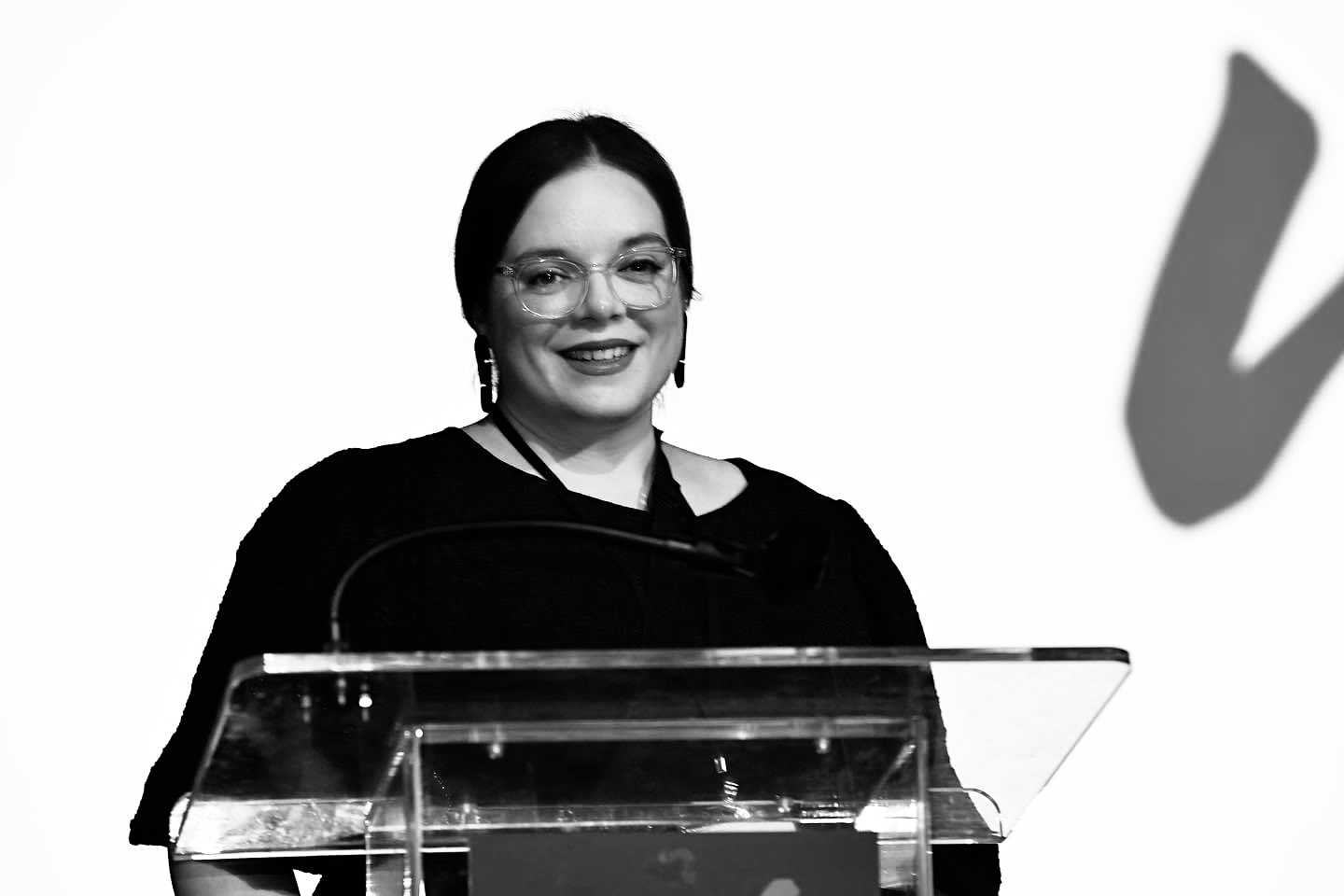
Sarah Riccardi-Swartz
She/Her
Assistant Professor of Religion and Anthropology, Department of Philosophy and Religion, Department of Sociology and Anthropology, Northeastern University
“God bless the Red, White, and Blue:” Eastern Orthodoxy and Internationalization of Christian Nationalism
Abstract: Religious nationalism is a networked project. It moves across geographies, boundaries, and borders in variegated forms that are often linked by ideological convictions and the need to build alliances with disparate communities to advance political and social aims. As such it demands that we look at more than just the bureaucratic, state-level forms of nationalism; it demands that we take seriously the globalizing flows of nationalism, especially in digital spaces, through which political discontents exchange ideas, craft ideological partnerships, and mobilize local communities to (re)act. As a contribution to an interdisciplinary edited volume on the theoretical concept of Christian Nationalism, this book chapter considers the long history of Russian Nationalism(s), their varied engagement with Orthodox Christianity, and the networked geo-political links these projects have had to contemporary iterations of Christian Nationalism in the United States. Along the way, I pay close attention to how moral economies have long provided ideological, financial, and political couplings to advance religious nationalism in the U.S. and Russia in culturally different yet conversant ways. I argue that Christian Nationalism should not be thought of as uniquely American, but rather a legacy product of geo-imperialism and Christian colonization that are found in wide variety across the globe, including Russia. In this way, the chapter shifts the cartography of Christian Nationalism, resettling it in the larger framework of international religious nationalisms. In doing so, I gesture to the power of Western privilege that is attached to the creation and use of Christian Nationalism, both in academe and by far-right actors, and its deleterious effects on understanding the international dynamics of
Christian domination
November 8, 2024 | 12:00pm – 01:30pm (Guest Speaker)

Ruth Braunstein
She/Her
Associate Professor of Sociology at the University of Connecticut
“Divided by Pluralism: How White Christian Nationalism Restructured American Religion and Politics”
Abstract: American religion and politics have always been intertwined, but a major restructuring of the religious field starting in the 1950s made them nearly inseparable. This restructuring, according to a classic book by the sociologist Robert Wuthnow, was driven by the rise of the Religious Right. The realignment of white conservative Protestants and Catholics into a political bloc led to a shift in many white Americans’ primary religious allegiance—from their denominational brethren to their political tribe. The religious field came to be defined by this deepening rift between religious liberals and religious conservatives. But starting in the 1990s, a new restructuring began, though few have yet recognized it as such. Where the post-1950s restructuring was driven by the rise of the Religious Right, I argue the post-1990s restructuring was driven by backlash to this same movement. An ensuing cycle of backlash and counter-backlash radically transformed the religious field, driving large swaths of Americans who came to associate “religion” with anti-pluralistic values to disaffiliate from organized religion or to resist the politicization of faith in other ways. Meanwhile, faced with this barrage of public backlash, conservative faith communities purged political moderates and deepened alliances with far-right groups based on a shared embrace of an anti-pluralistic ideology known as white Christian Nationalism. In the process, the right-left political divide that once ran through the religious field was replaced by a divide over the question of pluralism itself.
November 22, 2024 | 12:00pm – 01:30pm

Callid Keefe-Perry
He/Him
Assistant Professor of Public Theology, Boston College
“Developing a Multidimensional Measure of Christian Nationalism in the United States”
Abstract: Christian Nationalism (CN) has emerged as a significant force in contemporary American society, shaping public discourse, political agendas, and cultural conflicts. Existing measures of CN,such as the six-question Likertscale used by Whitehead & Perry and the Public Religion Research Institute/Brookingssurvey, often lack the nuance needed to fully capture its complexity and varied manifestations. As a scholar of religion and politics, I propose to develop a new measure of CN that addressesthese limitations and provides a more nuanced understanding of this phenomenon. Building on critiquesraised by Li & Froese (2023), Smith & Adler (2022), and Davis(2022), my research aimsto create the Multidimensional Measure of Christian Nationalism (MMCN), which capturesthe ideological, identity-based, and cultural framework aspects of CN while accounting for varying levels of commitment among differentsubgroups.
Cody Musselman’s Colloquium has been rescheduled to Spring 2025
December 6, 2024 | 12:00pm – 01:30pm
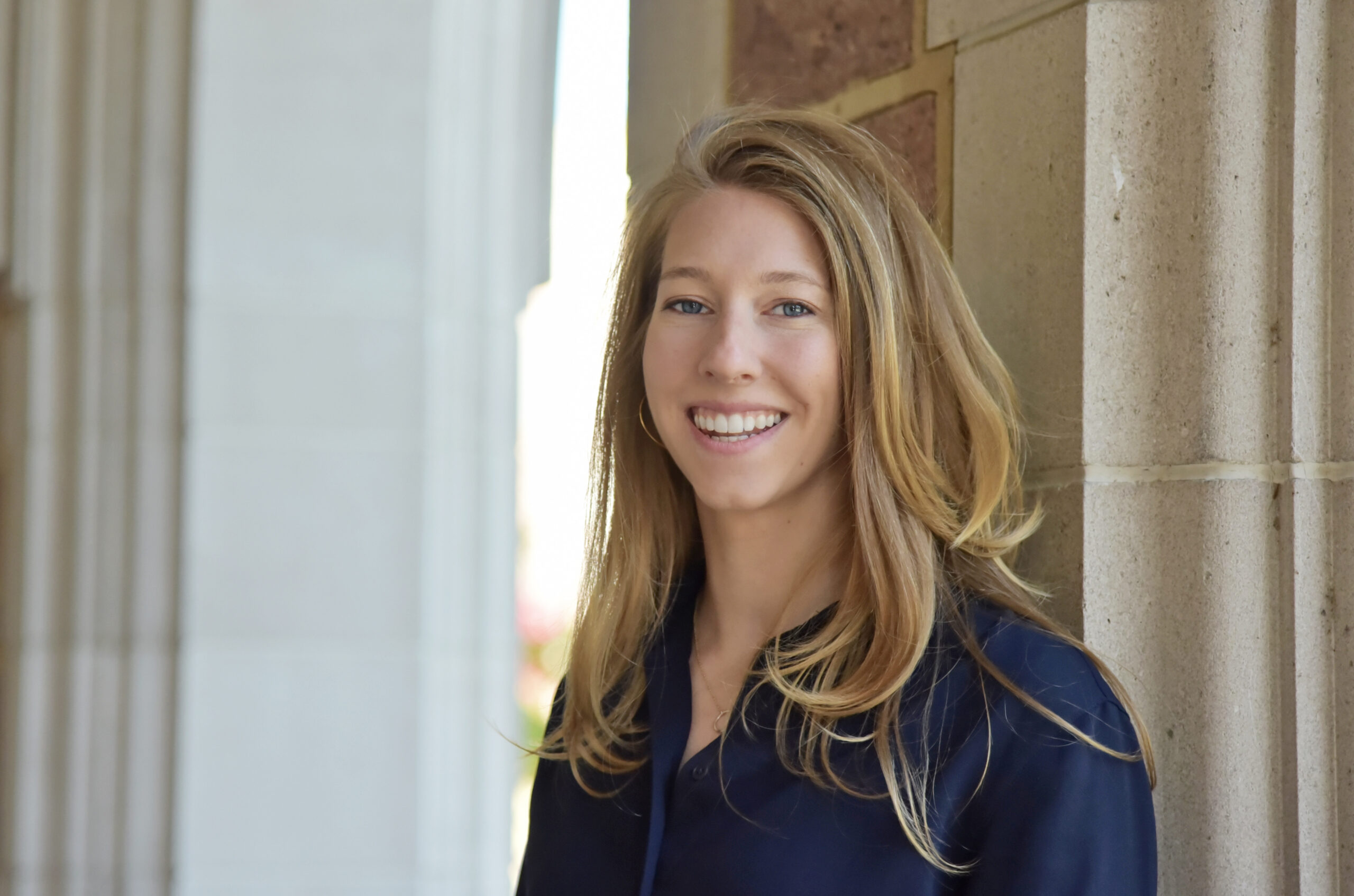
Cody Musselman
She/Her
Preceptor, Harvard University
“Forging Elite Fitness, Forging the Nation: CrossFit and Christian Nationalism”
Abstract: In recent years, scholars and cultural commentators have noted how online wellness and fitness forums have served as an entry point for political radicalization, especially among young men. While many scholars of white Christian nationalism focus their attention on online communities or leaders of the Religious Right, this paper argues that white Christian nationalism is nurtured in seemingly benign spaces like the gym. Using the fitness brand CrossFit as a primary example, this paper shows how the company’s goal of “forging elite fitness” becomes enmeshed with the political project of “the nation.” CrossFit, a functional fitness regimen and global brand, is known for its hardcore workouts and its zealous consumer base. As a company and culture, it has also become known for its patriotism and militarism, offering fitness training for military personnel and honoring deceased combatants in “Hero Workouts.” These commitments have made CrossFit a popular fitness methodology and locus of community for many evangelical Christians who integrate their Christian faith and conservative values with their exercise routine. By examining how Christian nationalism circulates in CrossFit gyms, this paper joins theorists of the body who analyze the correlation between individual treatments of the body as a reflection of the broader body politic to learn about how Christian nationalism, as an ideology, becomes embodied.
December 13, 2024 | 12:00pm – 01:30pm
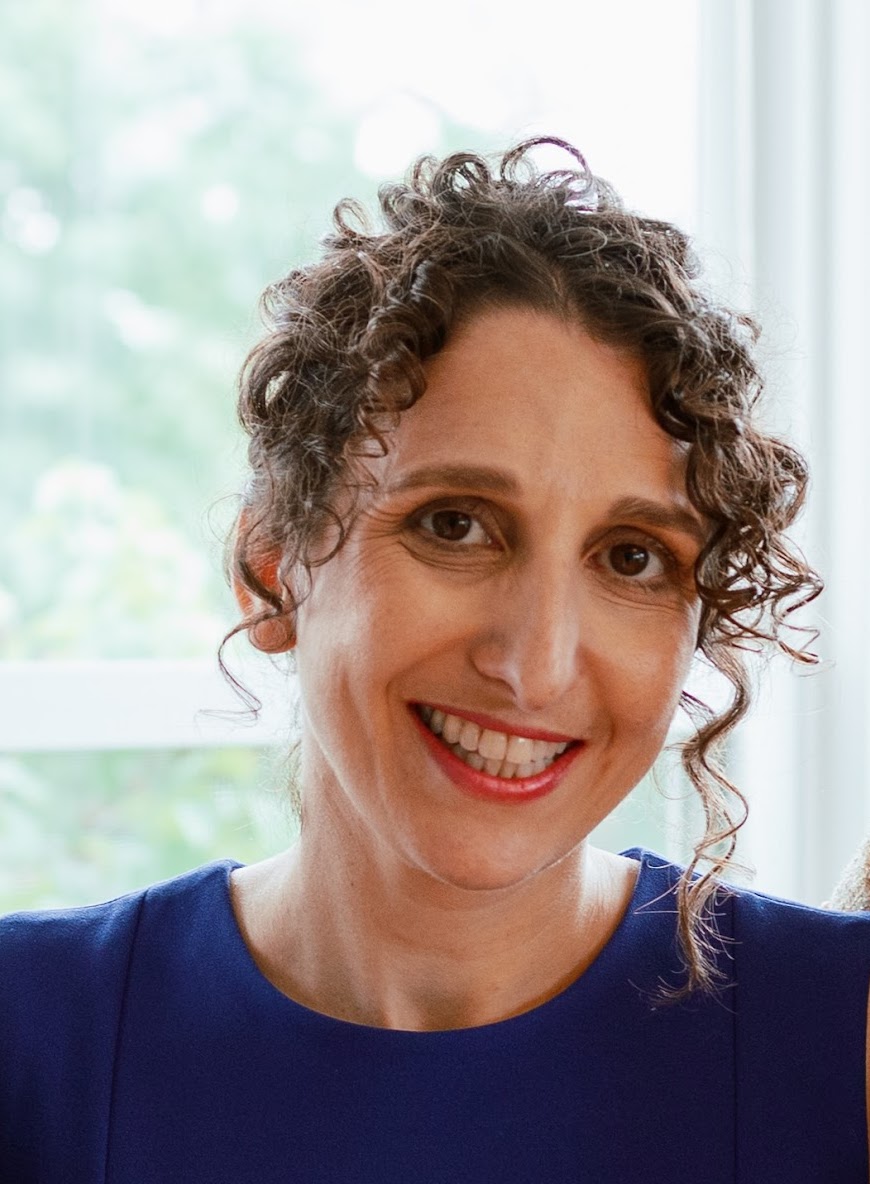
Merav Shohet
She/Her
Associate Professor of Anthropology, Boston University
” Narrative repetitions and fragile rhythms: rituals and silences of care towards an end of (Jewish?) kibbutz life”
Abstract: This paper examines some of the narrative repetitions and silences of several octogenarian and nonagenarian elders who live(d) in kibbutzim near Israel’s northern borders with Lebanon or southern borders with Palestine/Gaza, to consider what happens when war overlays aging and illness, (re)shaping the interpersonal dynamics of care as these collide with Israeli and Palestinian nationalist projects and geopolitical conflagrations. At the micro level, I describe, first, how elders in varying states of fragile health sought to establish ritualized daily routines that reinvoke a (lost) religiosity or reaffirm their internationalist, communist-inspired secularism, as part of enacting wellbeing while anticipating, at times with dread, at others with equanimity, the oncoming but temporally uncertain end of their life. Drawing on long-term observations and interviews with key participants, and on media and kibbutz archival materials that have also sought to portray the changing lives of kibbutzim and their elders, I then reflect on how rhythms were shattered and remade in the wake of Israel’s latest war. Zooming out to a broader discursive level, I attune to the silences and gaps in these ethnographic and collective narratives, to attempt to explain a parallel nearing end, of the kibbutz itself and perhaps, as some might wish or fear, of Israel as a pluralist Jewish state. I conclude by highlighting the fraught nature of kibbutzim’s nationalist and internationalist (anti-)religious settlement project and then asking more questions regarding how different scales of “endings” and forms of anticipated finitude may shape care experiences at the end of lives.
Location
Pardee School of Global Studies, 154 Bay State Road, 2nd floor (Eilts Room)
Register for the Events
